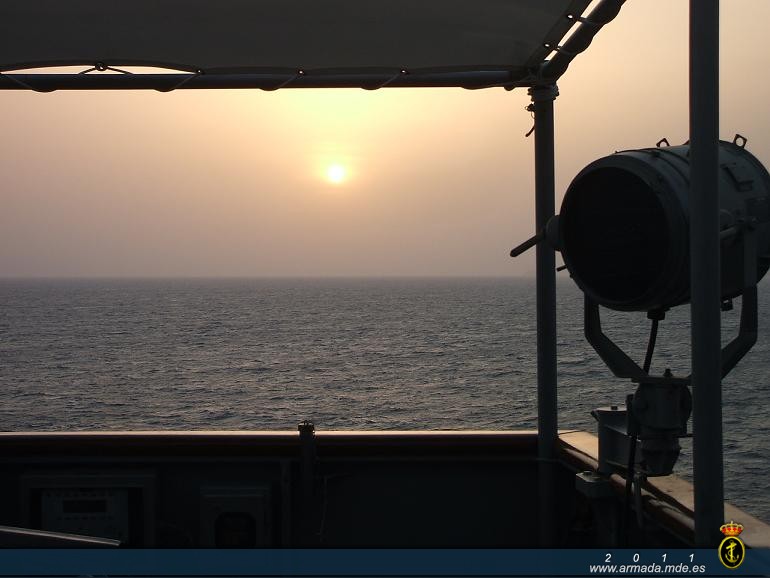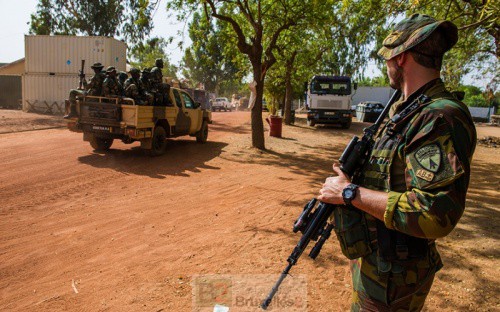The Indian Ocean route, Galicia knows it

(B2) The Spanish landing ship, the Galicia (L-51) will be incorporated into the European anti-piracy operation (EUNAVFOR Atalanta), serving as flagship, for an ultimately reduced fleet.
This is not the first time that Galicia has been involved in this way. THE Galicia indeed knows the Indian Ocean like the back of his hand and anti-piracy actions are a bit second nature to him; it was, in fact, engaged successively in 2010 and 2011 (integrated into the European flotilla), 2015 (also serving as flagship). During his previous commitment, in 2011, he had made an impression by having a muscular commitment to stop a pirate skiff with the "hit - sink" method (read: Tribal Kat: the Indian tactics of Galicia. Touched flowed).
The pirates are no longer out, the mission in slow motion
The situation is, however, not at all the same today as during the first engagements of Galicia, in the early 2010s when alerts were daily, and numerous interventions (Read in particular: A Kenyan fishing boat released by the Galicia). The European anti-piracy operation has thus begun to evolve. The means have been drastically reduced... (1) Thus, since the Dutch ship which until now served as flagship returned to the country at the beginning of December, there was only one ship left on site: the Spanish high seas patrol boat ESPS Relampago. And no flagship on site or force commander in title.
Helicopters, drones, boarding party...
The landing ship left Rota, its home base, on February 8, 2017 for a six-month mission, with on board, in addition to the crew, an onboard "air" unit, consisting of two SH3D helicopters and four Scan Eagle drones already used in the operation (Read: A first for the Spanish Navy. A Scan Eagle drone embarked in the Indian Ocean), as well as an operational security team of eleven "marines" and a naval special operations team, of sixteen, for boarding.
(NGV)
(1) A necessity also because the navies are occupied elsewhere – around Iraq and in the Gulf (French and British navies) – and in the Mediterranean mainly: around Turkey and Syria (German navy), around Libya ( especially Italian marines). And the European navies are all experiencing strong tensions, with rarer, older ships... and shortened budgets.
All articles on the Galicia

